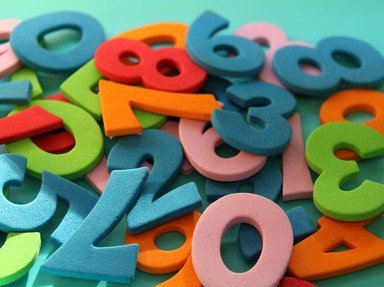Quiz Answer Key and Fun Facts
1. "Four Seasons" have inspired which of the following Italian composers?
2. Four Roses is a Kentucky bourbon brand. Which Japanese brewery became owner of this trademark in 2002?
3. Foursquare Church is a protestant denomination within the Christian Church. Who founded this denomination in 1927?
4. "Four Weddings and a Funeral" was a romantic movie directed by Mike Newell. Who starred as the English bachelor Charles who kept running into the American single girl Carrie (played by Andie MacDowell)?
5. Four elements is what all the world is built of, declared some ancient Greek philosopher. Who was convinced that every matter is built out of water, earth, fire and air?
6. Four directions are represented on Earth: North, South, East and West. Three out of these four are used for some European body of water. Which of the following terms does *NOT* refer to a sea bordering several European countries?
All of these are in use in some part of Europe to designate a specific European body of water.
7. Four leaders, that's what Rome needs. Which Roman Emperor thought in 293 AD that the appointment of three colleagues would be the only way to keep the Roman Empire under control?
8. Four people have been named as the main characters in the swashbuckling novels "The Three Musketeers", "Twenty Years After" and "The Vicomte de Bragelonne". Which French author created these novels on Porthos, Athos, Aramis and D'Artagnan?
9. Four is the atomic number of which chemical element?
10. Four Grand Slam tennis tournaments are organised every year, each in a different country. A Grand Slam winner is someone who is victorious within the same calendar year in the Australian Open, the French Open, Wimbledon and the US Open. Who was the first to win *two* complete Grand Slams in the singles?
Source: Author
JanIQ
This quiz was reviewed by FunTrivia editor
Pagiedamon before going online.
Any errors found in FunTrivia content are routinely corrected through our feedback system.
